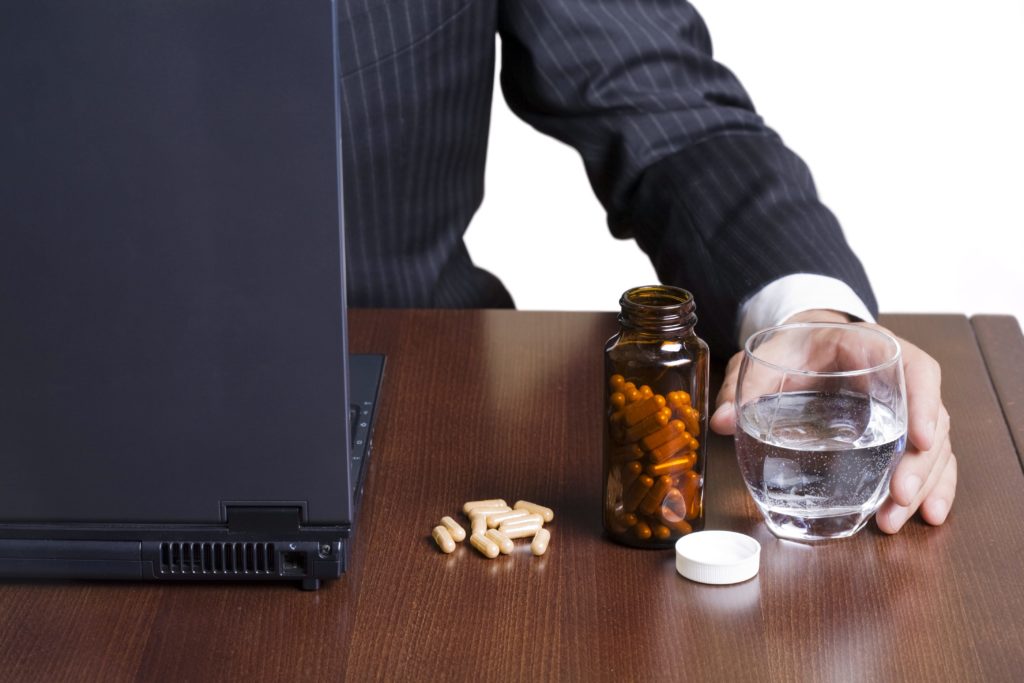Since bath salts hit the streets, the number of bath salts related deaths has been on the rise. In 2011 alone, more than 20,000 emergency room cases involved bath salts. The most common effects of using bath salts include psychosis, suicidal thoughts, heart and circulation problems, depression and death.
What Are Bath Salts?
Bath salts are synthetic drugs chemically created from cathinone. Cathinone is a stimulant derived from the khat plant, a shrub found in southern Arabia and East Africa. In their natural form, the leaves of the khat plant can be chewed for a mild stimulant effect. However, when the properties of the khat plant are extracted and chemically enhanced to form drugs like bath salts, the effects can be extremely dangerous. Numerous bath salts related deaths have been reported across the country. The drug known as bath salts is not the same as the Epsom salts used for bathing. Bath products have absolutely no stimulating or mind-altering effects. Rather, the drug called “bath salts” gets its name from its appearance. In the final stages of synthesis, bath salt drugs form into small crystal-like pieces with a white or brown color. Bath salts are usually sold with a label that reads “not for human consumption” to pass legal muster, despite the fact that the drugs are designed to be swallowed, smoked, snorted or dissolved and injected for recreational use.
Are Bath Salts Addictive?
Bath salts are highly addictive. Researchers have tested the effects of bath salts on rats and have found that the animals will self-administer bath salts over and over again to their own detriment. Individuals who have used bath salts often report that they later experience strong cravings for more, often to the point where the cravings become uncontrollable. Furthermore, individuals who use and then stop bath salts can experience withdrawal symptoms, a common sign of addiction. Bath salts withdrawal symptoms include anxiety, difficulty sleeping, depression, paranoia and tremors. Teens are at an exceptionally high risk of using bath salts. In 2016, 0.9% of 8th-graders, 0.8% of 10th-graders and 0.8% of 12th-graders admitted to using bath salts within the past year. Bath salts are an extremely dangerous drug. However, there is help available if you or someone you know may be struggling with an addiction to bath salts. Contact a mental health professional or your doctor today to discuss your options. Sources National Institute on Drug Abuse. (2016). Synthetic Cathinones (Bath Salts): What are synthetic cathinones? https://www.drugabuse.gov/publications/drugfacts/synthetic-cathinones-bath-salts National Institute on Drug Abuse. (2016). Synthetic Cathinones (Bath Salts): Brief Description. https://www.drugabuse.gov/drugs-abuse/synthetic-cathinones-bath-salts National Institute on Drug Abuse. (2011). “Bath Salts” – Emerging and Dangerous Products. https://www.drugabuse.gov/about-nida/directors-page/messages-director/2011/02/bath-salts-emerging-dangerous-products Substance Abuse and Mental Health Services Administration. (2013). “Bath Salts” Were Involved in over 20,000 Drug-Related Emergency Department Visits in 2011. https://www.samhsa.gov/data/sites/default/files/spot117-bath-salts-2013/spot117-bath-salts-2013.pdf






